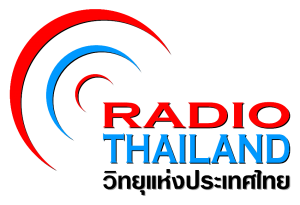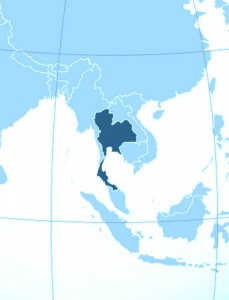
View of the Capitol Building from the roof of the Voice of America (330 Independence Ave., S.W.)
Many thanks to Dan Robinson for pointing out this article by Ron Nixon in the New York Times. Here’s a clip:
“A bill to overhaul Voice of America has prompted an intense debate among supporters of the legislation who say it will better enable the broadcast news service to counter Russian disinformation and opponents who say it will turn the service into an American propaganda tool.
The legislation, which recently passed the House Foreign Affairs Committee with bipartisan support, would make changes to the mission of the government-financed Voice of America that its sponsors say would more clearly define its role in support of the United States. Specifically, the bill revises the language of Voice of America’s mission to explicitly state that the outlet has a role in supporting American “public diplomacy” and the policies of the government.
The full House is expected to take up the bill as early as this summer. The Senate is working on a similar bill.
Representative Ed Royce, the California Republican who is chairman of the Foreign Affairs Committee, said the legislation was essential in the face of negative and inaccurate information increasingly disseminated about the United States abroad. “While countries like Russia have been working 24/7 on their information campaigns, V.O.A. has abandoned its mission to effectively promote the policies of the U.S. even though its charter is clear in this regard,” Mr. Royce said.
But the bill, the latest in a decades-old debate in foreign policy circles about the role of Voice of America, has prompted a backlash from journalists, many of whom work at the news service once run by Edward R. Murrow and who pride themselves on the organization’s independence.
“The only thing V.O.A. has left is its reputation, built over decades, as a credible news organization,” said one veteran journalist at the service who asked not to be identified criticizing the legislation. “Changing our focus from straight news to policy promotion will undercut any efforts to keep or build our audience.”
[Continue reading at the NY Times website…]
You’ll also want to read the comments in this article.
It is a conundrum: will this legislation save the VOA from budget cuts, or will it rob the broadcaster of credibility and objectivity?
VOA reporters I know have always taken comfort in the firewall that was created by the VOA Charter in 1960, then later signed into law on July 12, 1976, by President Gerald Ford. The charter reads:
The long-range interests of the United States are served by communicating directly with the peoples of the world by radio. To be effective, the Voice of America must win the attention and respect of listeners. These principles will therefore govern Voice of America (VOA) broadcasts:
-
VOA will serve as a consistently reliable and authoritative source of news. VOA news will be accurate, objective, and comprehensive.
-
VOA will represent America, not any single segment of American society, and will therefore present a balanced and comprehensive projection of significant American thought and institutions.
-
VOA will present the policies of the United States clearly and effectively, and will also present responsible discussions and opinion on these policies. (Public Law 94-350)
Many would argue that it’s impossible for a taxpayer-supported broadcaster to “present the policies of the United States” without being somewhat biased. Still, in the past, I’ve heard a number of reports from the VOA that are critical of life here in the US; reports I’ve never heard the likes of from, for example, the Voice of Russia or China Radio International.
If HR 4490 becomes law, perhaps the proof–VOA’s integrity–will be in the pudding. This is certainly a complex and multi-faceted issue. Regardless: we will be listening.
 Hat tip to David Goren for sharing this article from Alltop:
Hat tip to David Goren for sharing this article from Alltop:




